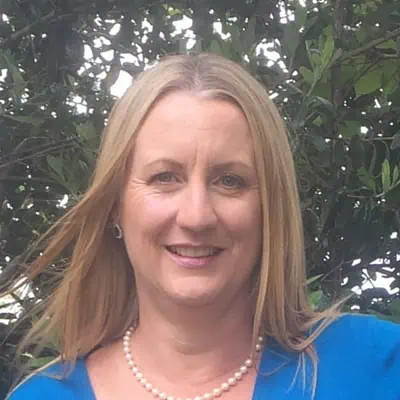If you’ve just finished your Christian book, you may be wondering: ‘do I need an editor?’ You may also be wondering: ‘what do editors even do?’
Let’s discover who editors are and the different types of editing they do, and then answer the question: do I need an editor?
Editors fall into two categories: employees at a publishing house, and/or freelance editors. Each have different roles.
What do Editors at a Publishing House do?
When we ask “do I need an editor?”, we’re generally not talking about publishing house editors. Publishing house editors do a lot more than edit.
There are different types of editors within a publishing house. Some edit. Some are responsible for acquisitions—signing new authors—and may be the main point of contact between an author, agent, and publisher. Some are managers with less day-to-day contact with authors or books.
An author working with a traditional publishing house may have one editor covering all these roles (in a small publisher), or may have many editors, with each covering a distinct role (in a larger publisher).
Publishers do edit, but an author seeking a contract with a traditional publisher may still benefit from having their proposal or manuscript edited before they submit to a publisher, or to an agent. (Most major publishers don’t accept direct submissions from authors. They only consider submissions from recognised literary agents.)
What do Freelance Editors do?
If you don’t have an agent, you’ll be working with a freelance editor. But what is a freelance editor, and what do they do?
A freelance editor is a self-employed editor who works directly with authors. Some specialise by genre. As a general guide, it’s better to work with someone who specialises in your genre—an editor who mostly edits general market romance might not be the right fit for your Christian fantasy, and vice versa. (Omega Writers has a list of Freelance Editors on our Resources page here.)
It’s important to understand the different levels of editing so you know you’re looking for the right kind of editing. There are four broad levels of editing.
What is Developmental Editing and how much is it?
Developmental Editing (also called substantive editing or structural editing) focuses on the big picture elements. For fiction, these include genre, theme, plot, characterisation, and structure. Developmental editing also looks at some of the narrative techniques of fiction, such as point of view, showing not telling, and the use of dialogue and interior monologue.
A developmental editor will read your manuscript several times, looking at each of these factors. They will mark up your manuscript (using the Track Changes feature in Word) to point out each word, sentence, and paragraph that needs changing, moving, or deleting, and why. They will also provide a detailed editorial letter.
Developmental editing is a major investment. It can take 90 hours or more to work through a 90,000-word manuscript, and the price reflects that. A less costly alternative is a manuscript assessment, which offers feedback in the form of an editorial letter but does not mark up the manuscript.
What is Line Editing?
Line editing is a line by line review of the writing. The objective is to take a solid story and make the writing shine. Line editing makes sure the writing is clear, concise, and engaging. It looks at each sentence and paragraph to ensure they are structured correctly, they are in the right place, they drive the narrative, and that they read smoothly.
This is what many people think of when someone mentions “editing”, but it’s important to realise that even the best line editing can’t rescue a manuscript with a flawed plot or structure—which is why developmental editing is important.
What is Copyediting?
Copyediting focuses on the technical elements of writing: spelling, grammar, and punctuation. A heavy copyedit will include some aspects of line editing where necessary. This is what most first-time authors mean when they say “proofreading”.
What is Proofreading?
In publishing, proofreading is literally reading the proof copy of the formatted manuscript to ensure the formatting is perfect, that all the suggested copyedits have been correctly incorporated in the manuscript, and that there are no outstanding typographical errors.
A traditional publisher will take a manuscript through all three levels of editing, then have it checked by two or more proofreaders in turn. Self-published authors can rarely afford this level of investment, so are more likely to put their manuscript through one or two rounds of paid editing, then work with critique partners or beta readers to fill in the gaps.
Do I need an editor? The expert assessment…
In my experience, most first-time authors need to start with developmental editing, or the less expensive manuscript assessment. There is no point in line editing or copyediting a manuscript with fundamental plot or character flaws.
Many freelance editors offer a free sample edit (I do). Take advantage of this, and hire the editor who best demonstrates an understanding of your genre, the editor who “gets” your work, the editor who pushes you to be a better writer. That might not be the cheapest editor, but it will be the best for your manuscript.

Iola Goulton is a New Zealand book reviewer, freelance editor, and writer. She holds a degree in marketing, has a background in human resource consulting, and works as a freelance editor specialising in Christian fiction. When she’s not working, Iola is usually reading or writing her next book review.
